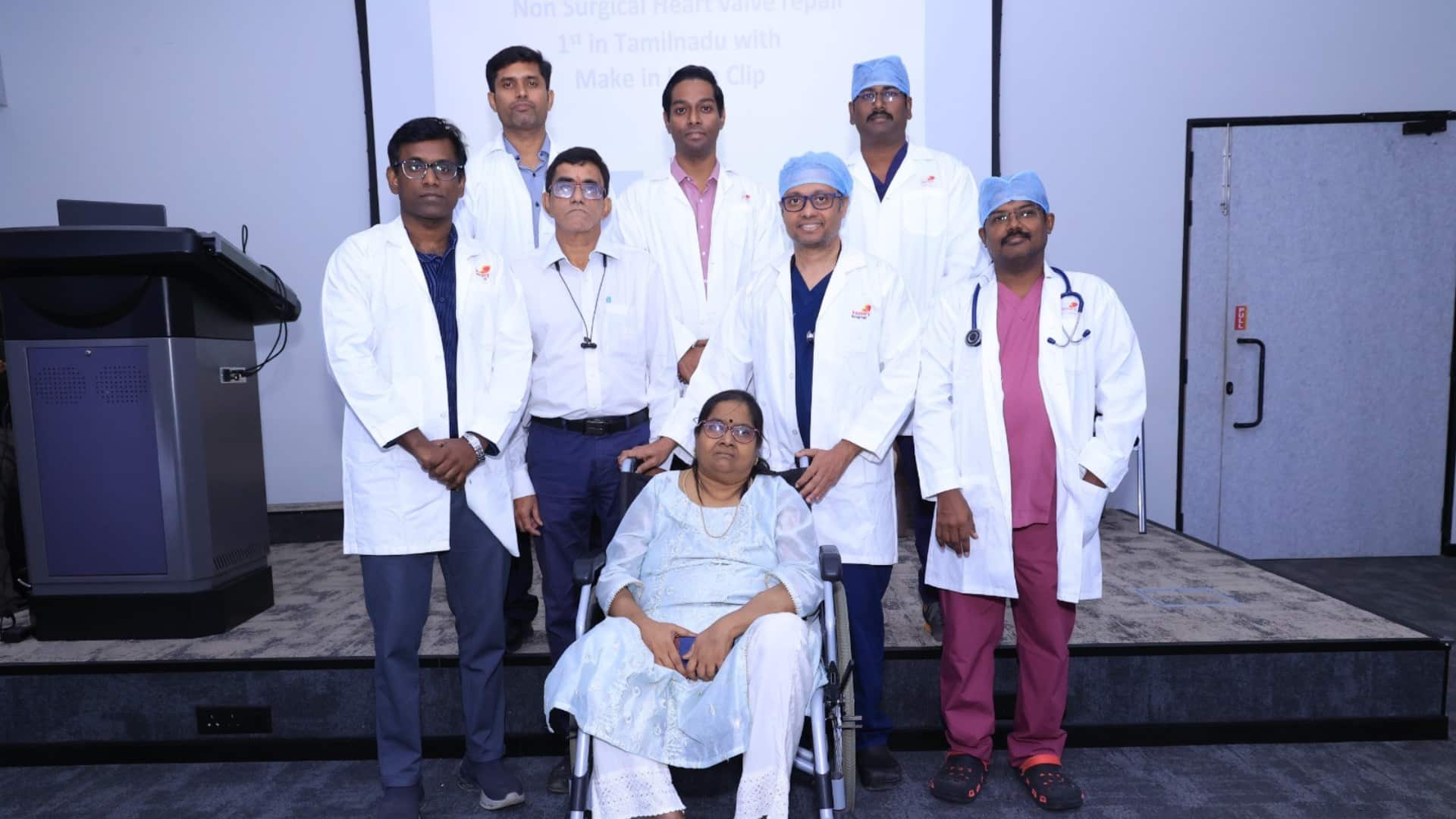Copyright Salt Lake Tribune

Note to readers • This story references suicide. If you or people you know are at risk of self-harm, the 988 Suicide & Crisis Lifeline provides 24-hour support. Call or text 988. In 2023, U.S. Surgeon General Vivek H. Murthy declared that “mental health is the defining public health crisis of our time, and for many Americans, loneliness is at the heart of that crisis.” Since the COVID-19 pandemic, we have seen firsthand how isolation, stress and disconnection have reshaped the landscape of mental health in our communities. At the Community Clinic and Training Center (CCTC) of Westminster University, we see this every day. We are a dedicated team of student-counselors, staff and clinical supervisors committed to our mission to provide free counseling to individuals and families who might otherwise go without care. Our clients present with a wide-ranging mental health needs — from relationship problems and identity conflict, to anxiety, depression, trauma and suicidality. This is important because the 2024 State of Mental Health in America report ranks Utah 50th in the nation for unmet mental health needs. Addressing these problems relies largely on access. We provide free therapy to all, but there are still limits. For one, because our team members are learning to be therapists, we operate on a cyclical semester model. That means clients get a new student-counselor every semester. While that shift can pose challenges, it offers unique advantages. Because our providers are graduate students under close supervision, the level of care is deeply intentional and informed by ongoing clinical improvement and a genuine desire to help. Many clients find that short-term therapy gives them the skills and confidence to continue healing on their own or to keep up treatment. Our clinicians also cannot prescribe medication. Studies show that medication and talk-therapy in tandem is the most effective treatment for a variety of mental conditions. While we work hard to connect clients with prescribing providers, there are still barriers. Clients are often uninsured or unable to afford care. Referral processes are complicated, waitlists are long and transportation or housing instability make consistent care extremely difficult. These are not just administrative hurdles, but reflections of a broader truth: mental health care cannot be separated from basic human needs. When someone is unsure where their next meal is coming from or whether they will have a place to sleep, they are already stretched thin, emotionally and psychologically. Without comprehensive community support and access to care, people and entire communities will continue to suffer. When we remove barriers to early intervention, outcomes can improve dramatically. Early counseling can help children who experience depression, trauma, or neurodiversity — such as ADHD or autism — by offering resources that can improve their long-term functioning. For adults, early intervention can help address challenges like grief, anxiety, or loneliness before they develop into a mental illness or crisis. And for those at risk of suicide–which remains a devastating issue in Utah, and ranks 7th in state’s top 10 causes of death–we know that timely intervention and counseling can literally save lives. Our clinic has seen the transformative power of mental health care. We’ve helped parents better understand their children’s behavior and how to create healthier dynamics in the home. When identified early like this, many mental health conditions are highly treatable. Accessible professional intervention offers families and individuals clarity and hope, decreased shame and improved long-term wellbeing. Prevention is not only possible; it is profoundly effective in changing systems and lives. Still, the demand is growing, and so is the need for expansion. If we truly want to address mental health struggles in our state, we must invest in early intervention programs that are free, accessible and community-based. That means funding more clinics like the CCTC, integrating effective counseling into schools, workplaces, and community centers, and ensuring that those who seek help are met not with barriers, but with open doors. While the CCTC is fortunate to be internally funded, many of our community non-profit partners who provide similar services are facing significant funding challenges due to loss of grants, potential cuts to Medicaid, and the challenges that come with economic and employment uncertainty and changing legislative policies. The CCTC and our clients are directly impacted by this because of barriers in obtaining additional mental health and social service resources. We know what works: early support, accessible mental health treatment, and community connection. The challenge and the opportunity is to make those resources available to everyone, not just the few who can afford them. In doing so, we don’t just prevent suffering and loss of life; we strengthen the very fabric of our community. Christina Pippas is Clinical Coordinator and Program Assistant for the MSCMHC Program at Westminster. Her role is integral in training new student-counselors, overseeing clinic operations and improving systems of care for clients by increasing access to mental health treatment and community resources. Anna Lieber is the clinical director of Westminster University’s Counseling & Counselor Education program and clinical director of the Community Clinic & Training Center. She is past president of the Utah Mental Health Counselors Association, was a Utah Crime Victim Reparations and Assistance Board member, currently serves on a Utah Division of Occupational and Professional Licensing Behavioral Health Board Committee, and provides numerous trainings to therapists and medical providers.



